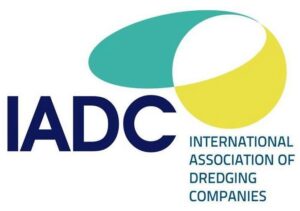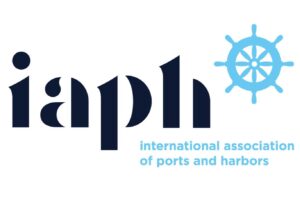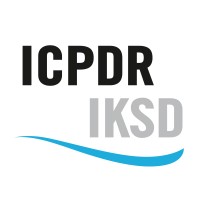Permanent Task Group on Climate Change (PTG CC)
GOALS of the PTGCC
PIANC’s 2019 Declaration on Climate Change recognises the importance of the climate change challenge and undertakes to actively pursue the sustainable future of the waterborne transport industry by supporting its members in addressing this challenge.
The goals of the cross-commission Permanent Task Group on Climate Change (PTGCC) are to facilitate the delivery of the commitments made in the PIANC Declaration on Climate Change by:
- Supporting ports, harbours, marinas and inland waterways by sharing knowledge and preparing practical technical guidance to help them manage the climate change challenge
- Contributing to the global discussion, to ensure that waterborne transport infrastructure interests are properly acknowledged, and to disseminate key messages to PIANC members and the wider port and navigation community, for example via the preparation of guidance
- Joining forces with other waterborne transport infrastructure stakeholders to meet new challenges, explore opportunities and contribute to a responsible, informed and sustainable way forward.
For more information on the PTGCC, see the Terms of Reference or scroll down to Who we are.
The PTGCC is achieving these goals by:
- Developing, publishing and disseminating technical guidance on sector-wide (i.e. cross-commission) climate-change topics, for example:
- Task Group 3 Waterborne transport, ports and waterways: A 2023 update of climate change drivers and impacts
- Working Group 178 on Climate Change Adaptation Planning
- Technical Note 1 Managing Climate Change Uncertainties
- Technical Note 2 Supporting a Business Case to Adapt (forthcoming)
- Working Group 188 on Carbon Management
- Task Group 193 on Resilient Waterborne Transport Systems
- Representing PIANC and the sector at relevant international climate change platforms, networks and events, for example:
- UNECE Group of Experts on Assessment of Climate Change Impacts and Adaptation for Inland Transport
- UNCTAD Expert Meetings on Sustainable and Resilient Transport and Trade Facilitation
- UN Global Compact preparation of Sustainable Port Guidelines
- From its inception in 2015 until mid-2021, PIANC led the UNFCCC Global Climate Action initiative, Navigating a Changing Climate
- Maintaining working links with the PIANC Technical Commissions through the Climate Change Champions; providing expertise and otherwise supporting these Commissions as they move to develop Commission-specific technical guidance.
Latest News
Who We Are
Mrs Jan Brooke (UK) – Chair – Mr Brian Joyner (USA) – Secretary
Climate Change Champions: Mr Gildas Colleter (MarCom), Mr Jeremy Giovando (InCom), Mr Greg Fisk (RecCom), Ms Luce Bassetti (EnviCom)
Countries represented on the PTGCC include: Argentina, Australia, Austria, Belgium, Brazil, China, Finland, France, Germany, India, Japan, the Netherlands, Norway, Spain, UK and USA.
Five Partner Organisations are represented:
Why the PTGCC was established
Significant changes in climate and their impacts, which are already visible globally, are expected to become more pronounced in the coming decades. Climate change is impacting on human life, natural environment and economic activities, including the navigation sector. Given the global nature of climate change, different nations, sectors and organisations must all work together to develop methods to reduce greenhouse gas emissions and adapt to climate change.
PIANC recognised the importance of the climate change challenge and the need to pursue the sustainable future of the waterborne transport industry by supporting its members in addressing this challenge. Following the 2008 publication of the first Task Group 3 report ‘Climate Change and Navigation – Waterborne Transport, Ports and Waterways: A Review of Climate Change Drivers, Impacts, Responses and Mitigation’ PIANC concluded that ongoing action was needed to monitor and respond to the evolving challenges of the changing climate. The cross-commission Permanent Task Group on Climate Change (PTGCC) was therefore created.
Contact us
Email: To contact PTGCC, including the Climate Change Champions, email us at ptgcc@pianc.org.
LinkedIn: Click here






















